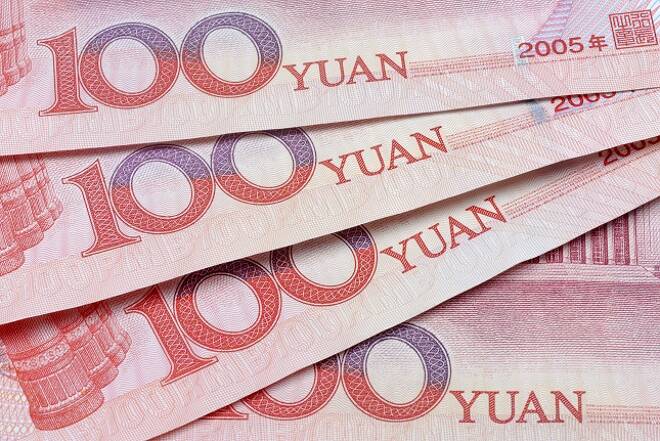Advertisement
Advertisement
Winter Olympics Merchants to Accept Digital Yuan, Says Chinese Banks
By:
With the Winter Olympics just around the corner, Chinese banks have stated that all merchants around the Gamer would accept digital yuan.
With the Winter Olympics approaching, the Chinese government is gearing up for the festivities.
The Olympics are also set to mark a crucial test of time for the Chinese central bank, the People’s Bank of China (PBoC), as the sporting event would also mark the assessment of its digital yuan. While the token still officially remains in its pilot phase, it will be showcased to the world next week during the Winter Olympics.
Testing Times for the Digital Yuan
Just last week the PBoC claimed that by the end of 2021, the digital yuan had over 261 million users in the nation, using the currency through their activated digital yuan wallets.
Additionally, there are over 20 million people who have downloaded its official pilot app, which was released to marketplaces in some cities in early January this year.
Apart from PBoC’s app, around 9 commercial banks, some state-owned and other private financial entities owned by firms such as Tencent’s WeChat Pay and e-commerce giant Alibaba, are currently offering digital yuan wallets. However, access to these digital yuan wallets is limited to only the people located in the pilot zones.
It has been established that Winter Olympics visitors would be able to download a smartphone app or make use of ‘a physical card’ – likely a version of a ‘hardware wallet’ card tested in the country at an earlier stage of the digital yuan’s pilot.
Furthermore, a number of ‘convenience stores, cafes, and other merchants inside the Olympic Village’ in Beijing have been equipped with point of sale machines that accept digital yuan payment.
In addition to that, stores and other merchants in the parts of Beijing and Hebei Province that will host events will also be allowed to take e-CNY payments.
Recent reports from local news agencies presented that the PBoC and its partners say they are ready to stand well on their promises. The PBoC has been working closely with the Bank of China since the pilot began in earnest. A statement from the Bank said:
“We are making every effort to prepare for the Winter Olympics under the guidance of the PBoC. During the Winter Olympics, the Bank of China will provide a full range of services such as [software-based] wallets, hard wallets, exchanges, top-ups, and [cash] redemption at the Bank of China branch in the Olympic Village.”
Digital Yuan’s Destiny to Be Decided
While there is no doubt the digital yuan or e-CNY is one of the most experienced CBDCs, a project that began in 2014, according to The Wall Street Journal, some roadblocks still persist.
Most importantly, for now, warnings around air pollution, government snooping, and the environmental impact of Games which rely mostly on man-made snow add to the mix of controversies.
That said, rising Covid-19 cases near areas around Beijing and reports about the government imposing a secret lockdown have further added to the negative commentary around the Winter Olympics.
For now, however, statistics pertaining to the digital yuan are still glimmering, in November 2021 for instance, approximately 140 million people in China had digital wallets and almost 62 billion yuans were transacted, equal to ($9.5 billion).
Further, by the end of 2021, local news agencies had reported that more than 300,000 merchants in Shenzhen were using e-CNY, one of the most technological cities in China. Nonetheless, the fate of the digital yuan could take any turn post the Winter Olympics.
About the Author
Varuni Trivediauthor
A Journalism post-graduate with a keen interest in emerging markets across South East Asia, Varuni’s interest lies in the Blockchain technology. As a financial journalist, she covers metric and data-driven stories with a tinge of commentary, and strongly believes in HODLing.
Advertisement
